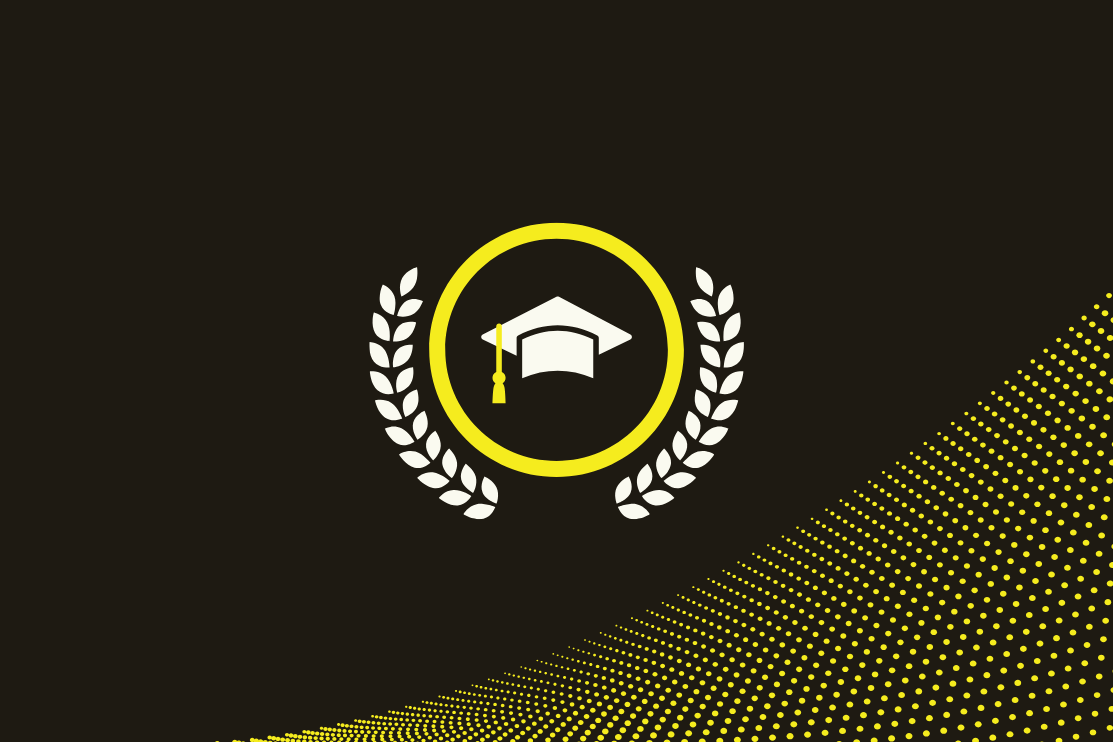Back to School Toolkit: Engaging Families Around College and Career Readiness
Back to School Toolkit: Engaging Families Around College and Career Readiness
Back to School Toolkit: Engaging Families Around College and Career Readiness
Back to School Toolkit: Engaging Families Around College and Career Readiness
Back to School Toolkit: Engaging Families Around College and Career Readiness
Back to School Toolkit: Engaging Families Around College and Career Readiness
Don't miss our breakout sessions!
Book time with our team on-site!
Our team is excited to meet you. Book a time that works best.


The previous three school years have been consumed by disruption and transition. As schools have attempted to return to some sense of normal operating procedure, students have struggled with attendance, achievement, emotional and mental health, behavioral issues, relationships with peers and adults, meeting benchmarks, and a variety of other issues that impact whether a student is on track.
A tremendous amount of the efforts to support students in overcoming these issues have fallen squarely on school counselors. Counselor caseloads have ballooned, as the breadth and depth of student needs have increased. Counselors have been forced into a nearly continuously reactive mode–often forced to fill gaps in a school setting that are far outside the typical role of a counselor. Unfortunately, time and energy to promote college and career readiness–to ensure students and families have the information they need to be exploring passions, meeting critical deadlines, or passing requisite courses–have been re-allocated to these other pressing needs.
During this time, so much of the communication with families from schools has been subsumed by messaging focused on health and safety protocols and guidance. Families, themselves, have been overwhelmed by unprecedented circumstances–from financial concerns, logistical struggles, and health and safety worries and impacts.
Counselors know that families can make important contributions to students’ college and career readiness. With this broader context, however, channels for engaging families have been fractured or were unable to be built at all. Typical opportunities to connect with students and families to build a cohesive understanding of the importance of college and career readiness and the iterative steps necessary for postsecondary success have in many ways been lost.
Because of this, it is fundamental that schools and counselors proactively and intentionally make an effort to build and re-establish productive channels for communication, connection, and support with and for students and families. To support this meaningful work, SchooLinks has created a Back to School Toolkit aimed at engaging families around college and career readiness. Taking thoughtful steps as the school year begins has the potential to catalyze growth, relationship-building, and overall success for families, educators, and students.
Related Posts
See All





